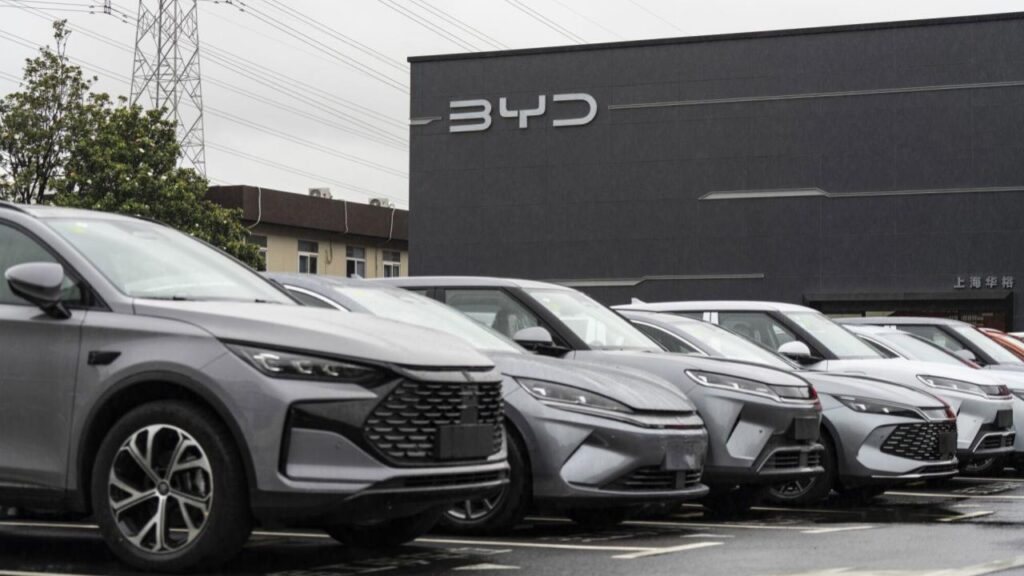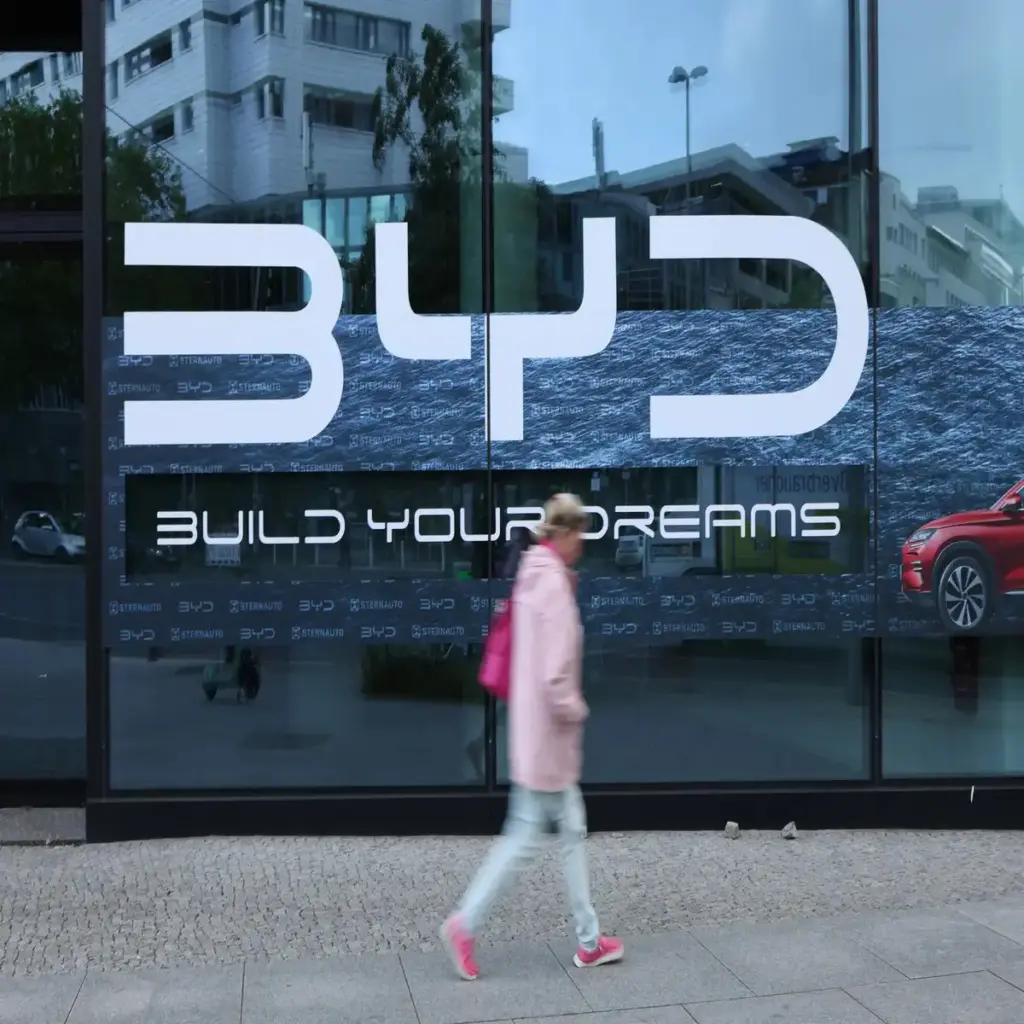BYD’s plans for a billion-dollar electric vehicle factory in Mexico just hit the brakes—and not because of local politics or economic woes. The real reason? China is putting its foot down over fears that U.S. rivals could gain access to critical EV tech. This unexpected twist could reshape how—and where—the global EV race plays out.

Why BYD Just Pulled the Plug on Its Mexico Mega‑Factory
| Takeaway | Stat/Quote |
|---|---|
| Factory scope | 150,000 EVs/year; ~10,000 local jobs |
| Reason for pause | Tech-leak fears via U.S. proximity |
| Trend watch | China delaying Geely and BYD expansions |
This isn’t just a factory delay. It’s a window into how fragile the global EV ecosystem really is. Even the most ambitious expansion plans can grind to a halt if politics get in the way. For BYD, Mexico remains a tempting market—but one now shadowed by geopolitics. As the EV race accelerates, it’s clear: the road to electrification is more twisty than anyone thought.
From Go to Whoa: How BYD’s Factory Dreams Got Derailed
When BYD first revealed plans to build a sprawling EV factory in Mexico, the timing seemed perfect. Mexico is one of Latin America’s fastest-growing EV markets. Plus, being just south of the U.S. border meant potential for export-friendly logistics. But China’s Ministry of Commerce saw something else: risk.
Specifically, the risk that BYD’s state-of-the-art EV technology could “leak” into the hands of U.S. competitors, according to a March report from the Financial Times.
This wasn’t just corporate paranoia—it was policy. Beijing quietly halted approvals for the plant, citing national interest. A similar clampdown hit Geely’s plans in Latin America weeks later. “They’re worried about advanced Chinese tech ending up too close to the U.S.,” said one trade policy expert quoted in the FT report.
The Trade Tensions No One’s Talking About
This move isn’t happening in a vacuum. It’s all part of an ongoing tug-of-war between the U.S. and China over who controls the future of clean energy.
In 2024, the Biden administration slapped steep tariffs on Chinese EVs—some as high as 100%. Chinese automakers saw Mexico as a workaround. Under the USMCA trade agreement, products manufactured in Mexico could, under certain conditions, enter the U.S. with fewer restrictions.
But that loophole was also a red flag for Beijing. If BYD or others used Mexico as a backdoor into U.S. markets, American companies might gain insights into Chinese innovations. For a government looking to lead the global EV sector, that’s a no-go.
What This Means for BYD
BYD hasn’t walked away from Mexico entirely. According to company VP Stella Li, it’s just a delay—not a cancelation. “We’re still very committed to Mexico,” she said in a recent interview with CNEV Post. But for now, they’re pressing pause. Instead, BYD is pouring energy into Brazil, Hungary, Thailand, and Turkey—countries perceived as less geopolitically risky.

And that’s a smart pivot. As someone who’s covered EV rollouts in global markets, I’ve seen firsthand how sensitive automakers are to policy shifts. Just one unexpected tariff or regulatory change can upend entire launch strategies.
BYD is also hedging its bets by growing its Mexico presence without committing to full-blown manufacturing. It’s already selling vehicles there—over 50,000 in 2024—and building out dealership networks.
Why This Move Could Slow Down Affordable EVs
There’s no way around it: BYD pulling back on its Mexico plant could delay affordable EVs reaching North American consumers.
The proposed factory would’ve allowed BYD to avoid import duties, cutting prices and expanding access. Without that infrastructure, cars will either come from China at a higher price—or not at all.
Plus, local economies miss out, too. The plant was expected to create up to 10,000 jobs and bring serious infrastructure investments to northern Mexico.
The Road Ahead: Is There Still Hope?
In short, yes. Several things could breathe life back into BYD’s Mexico plan:
- Trade thaw: A shift in U.S.–China relations could ease concerns about tech sharing.
- Mexico incentives: Local officials may offer guarantees or safeguards to win back Chinese investment.
- Tech tweaks: BYD could alter designs or manufacturing processes to reduce the risk of IP loss.
But none of those fixes are immediate. For now, the EV world will have to keep watching—and waiting.
FAQs
Is BYD canceling all its Latin America projects?
No. The company is still active in Brazil, where it’s investing in buses and batteries, and in other regions like Hungary and Thailand.
Is Mexico still in the mix?
Yes, BYD executives have made clear that Mexico remains a priority market—just not for full production yet.
How will this affect U.S. EV buyers?
In the short term, it may limit access to affordable Chinese EVs. However, BYD is unlikely to target the U.S. directly anytime soon due to tariff risks.






